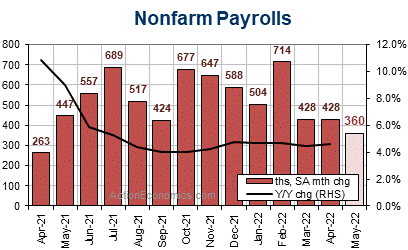Concerns have emerged within the crypto community regarding the dominance of Geth and its potential impact on the Ethereum network.
Coinbase is actively addressing Client Diversity Concerns following an outage that affected 8% of Ethereum validators.
Cryptocurrency exchange Coinbase has expressed its commitment to enhancing client diversity on the Ethereum network by exploring the addition of an alternative execution client. This move comes in response to worries about the overwhelming dominance of the Geth client in the Ethereum ecosystem.
A recent incident exposed a rare bug in Ethereum’s Nethermind client software, resulting in a temporary disruption for a significant number of Ethereum validators. Although the Ethereum community promptly resolved the issue, it underscored concerns about the concentration of Geth usage among key blockchain operators.
With Coinbase Cloud currently relying exclusively on the Geth client, the platform is conducting an assessment to identify alternative qualified execution clients. The goal is to introduce more diversity into its infrastructure and mitigate risks associated with relying solely on one client.
Following the recent outage that impacted 8% of Ethereum validators, Coinbase emphasized the importance of client diversity for the overall health of the Ethereum network. A Coinbase spokesperson stated, “We believe that client diversity helps the health of the Ethereum network. As industry leaders, we are committed to helping our customers participate in the crypto-economy safely and securely.”
Coinbase Cloud is actively responding to community calls for diversification and aims to provide an update on potential alternative execution client solutions by late February. This aligns with broader industry efforts to improve the resilience and stability of blockchain networks.
While the recent incident was manageable, it reignited discussions about the necessity of “client diversity” within the Ethereum ecosystem. Experts have highlighted the potential severity of situations if Geth, as the predominant execution client, were to experience similar issues, raising concerns about Ethereum’s ability to sustain itself without a single point of failure.
